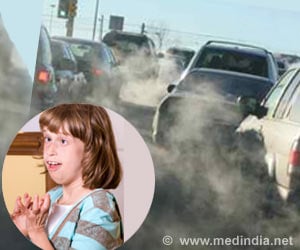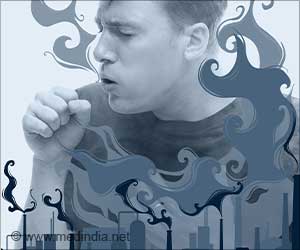People in Patna are forced to inhale air containing Respirable Suspended Particulate Matter (RSPM) much above the permissible limit, reported an environment body.

TOP INSIGHT
Patna is the second-most polluted city in India with high levels of concentrated particulate matter, six times more than what is considered safe. The Center for Environment and Energy Development has urged the Bihar government to take immediate action to check the pollution.
"Another factor contributing to bad air quality was the overwhelming number of vehicles in the city. Besides, the non-domestic sector of Patna was burning about 81 lakh liters of diesel and releasing 35,000 kg of toxic particulate matter only to satisfy one hour of electricity demand," said CEED program manager Ankita Jyoti.
Jyoti further added, "Particulate matter will increase by 2031, if control measures are not implemented immediately. Millions of people will be at risk of serious health issues due to inhalation of poor air quality in Patna. Patna can reverse the air pollution situation by setting up solar power panels on rooftops."
CEED suggested a 15-point program to control air pollution, which includes implementation of clean energy, usage of clean fuel for cooking, improved transport system, and stringent emission targets for industries.
In December 2015, the state government banned 15-year-old diesel vehicles from Patna's roads in a bid to control air pollution.
'Severe' means particulate matter 2.5 (PM-2.5) was over the 400-mark, which could affect healthy people and seriously impact those with existing diseases.
A WHO survey in May 2014 put Patna behind Delhi in terms of severity of air pollution based on particulate matter.
The Central Pollution Control Board (CPCB) listed Patna as a 'non-attainment city' with PM-10 and PM-2.5 levels persistently exceeding national standards.
Source-IANS
 MEDINDIA
MEDINDIA




 Email
Email





